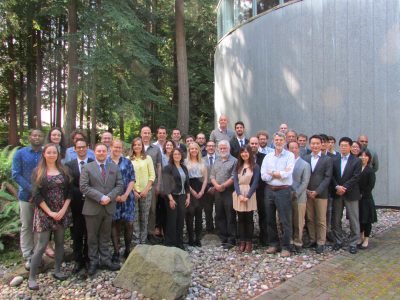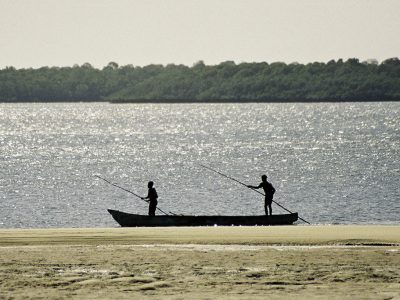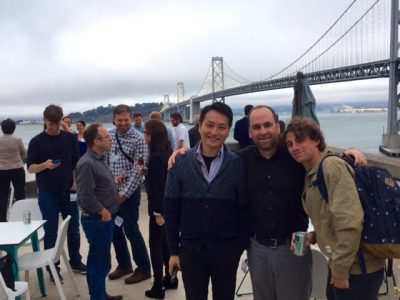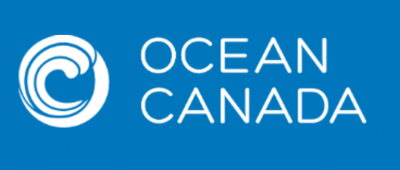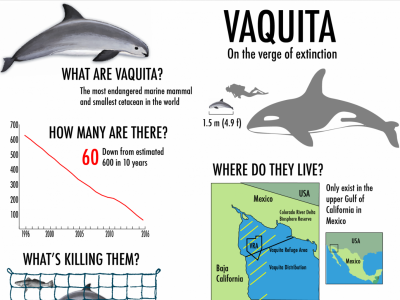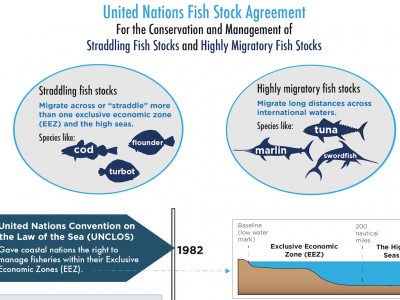Interdisciplinary solutions for ocean issues: The Nereus Program Annual General Meeting 2016
The Nereus Program was created to look at ocean questions that need input from experts on a range of topics from around the world. This past May 30 to June 3, nearly 50 of these experts gathered at the University of British Columbia for the Nereus Program Annual General Meeting. It was an important week for sharing new research, workshopping ideas, collaborating on projects, making connections, and thinking about ocean issues in new ways.



